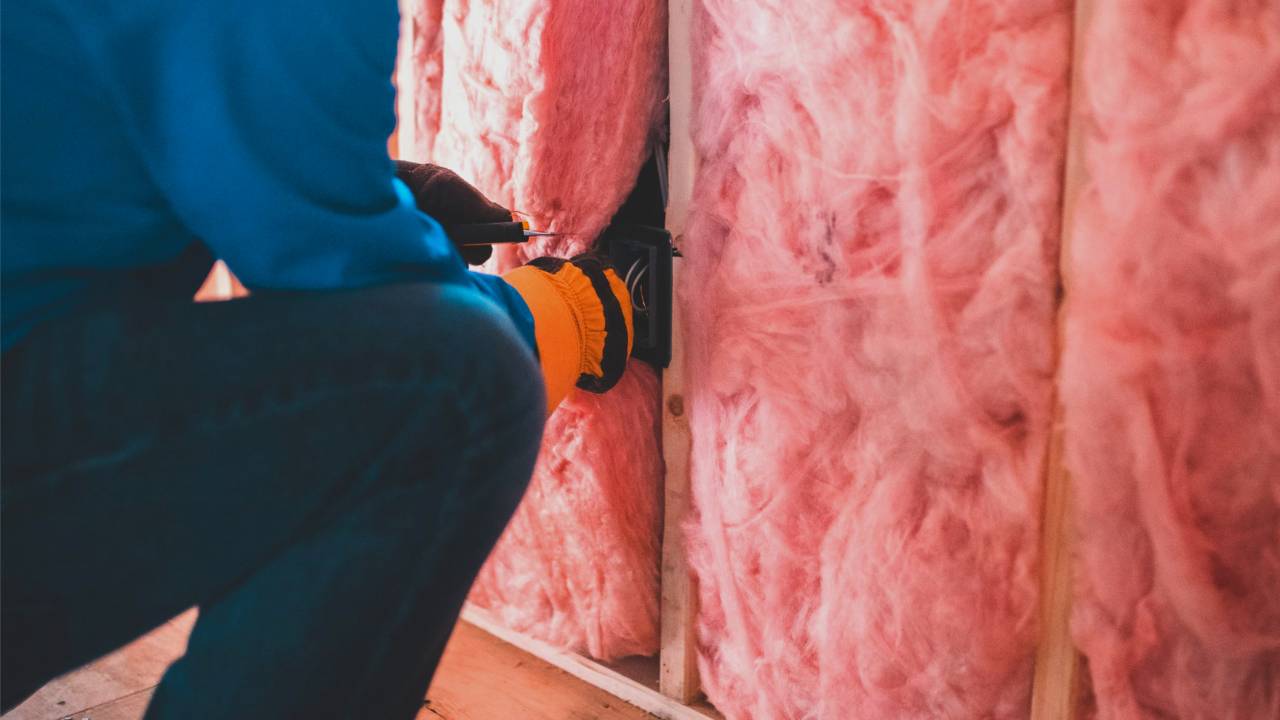The cost of living is at its highest level in a decade, with energy bills being the biggest expense. Finding ways to reduce energy consumption may seem like a difficult task, but we at Regreener believe just a few small changes can make a big difference. From choosing energy-efficient kitchen appliances to draught-proofing your windows and doors, several solutions can help you save energy (and money!). This might be the perfect time to step back and make a list of the things you can do to make your home a little more eco-friendly.
What can you do?
Lots of small actions can be taken, which will accumulate to a significant impact over time. We have all heard recommendations such as switching off electronics when leaving the house or using LEDs bulbs instead of the old-fashioned halogen bulbs. In this blog we will dive a little deeper and provide additional steps you can take.
This is probably an obvious tip, but one that can save you a lot of energy and water! The dishwasher is one of the appliances that uses a lot of power and water. Instead of running it for a few plates, cups and bowls, it is better to wait until it’s completely full. This way you maximise the capacity of the dishwasher.
Secondly, having your home insulated is tremendously important and something that could have a domino effect on other aspects of your household. An insulated house retains warmth a lot better than a non-insulated house. The heater doesn’t have to work as hard, which means a lower energy bill.

As the world we live in continues to favour robotisation and automatization it might be a smart idea to start investing into smart tech. Smart meters can help you save money by giving insight into how much energy you use, helping you to cut waste – whether this is by turning off the lights or switching your standby TV off. Smart light bulbs that can be controlled from a distance by your phone are a great investment as well. Not only are they LEDs, they also allow you to switch of the lights when you left home in a rush.
One step back, two steps forward
If you’ve got appliances in your home that are more than 10 or 15 years old, they may be both expensive to repair and unnecessarily detrimental to the environment. In that case, investing in a newer, more eco-friendly model could be a responsible solution. Thanks to the marvels of modern technology, newer appliances are typically built to run using less power.
One of the major energy-consuming appliances in your house is your refrigerator. Refrigerators consume half of all kitchen electricity, and typically account for 10 percent to 20 percent of a household’s total energy bill. This, coupled with the fact that the operating efficiency has been improved significantly, makes aging and poorly working refrigerators obvious first candidates for replacement.
However, we do want to point out that replacing these large kitchen appliances only makes environmental sense if they are at their end of their lifetime and not working properly anymore. In some cases it’s better to stick to the old model – especially if it’s still working well.
Once your appliance has reached the point of retiring, it’s time to start thinking about how to dispose of it in the most environmentally-friendly way possible. Here are some options to keep your appliance out of landfill for a bit longer:
Sell it: Marktplaats (in the Netherlands) or Facebook Marketplace are full of people looking to purchase cheap broken appliances and turn them into something new.
Give it away: If your appliance is still in working condition, check to see if any local non-profits may be interested in giving it a second life.
Recycle: Many cities offer recycling programs that will allow you to recycle large appliances. In some cases, you may even receive cash from a scrap metal recycler.
Finally, these are 7 more quick tips you can implement in your daily routine:
- Make your lighting ‘smart’
- Switch off appliances that are on standby
- Make your windows and doors drought-proof
- Top up your insolation
- Invest in solar panels
- Use recycle bins
Two birds, one stone
We’re all becoming more aware of the need to be eco-friendly and many of us probably take basic measures, such as recycling garbage. However, looking at the wider picture, there are lots of different ways – some of them big, some of them small – that will go a long way to helping us all become smarter about our home environment and encourage a more sustainable way of life.
Making your home a bit greener is beneficial for your wallet and it helps fight climate change. These tips on their own might not seem to make a lot of impact, but if every household implements a few of these over an extended period of time, this accumulates and makes a bigger impact than you might imagine.
Curious about what Regreener has accomplished in the past year to improve our company? Check out our impact report here.



